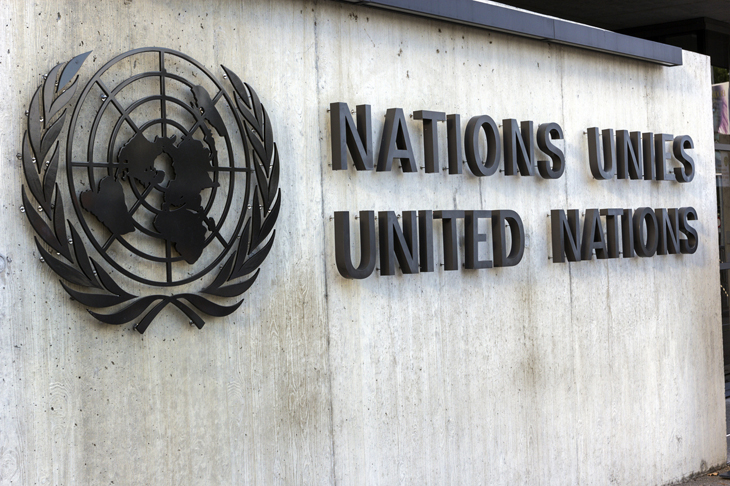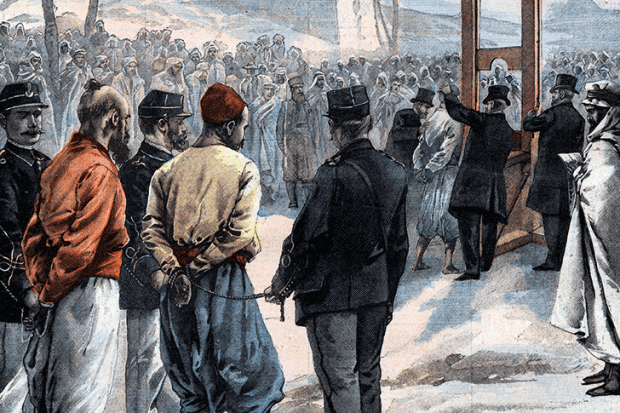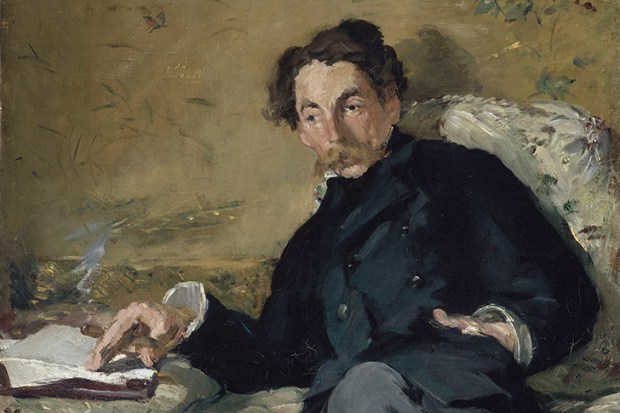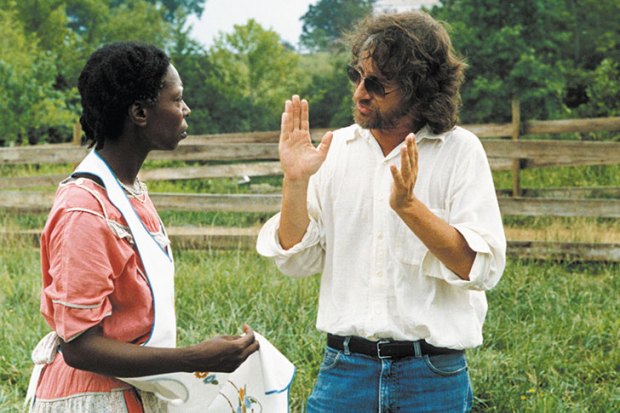Anyone looking for a groundbreaking ethnography of the global political elite —the elusive social grouping that western electorates are currently lining up to slap in the face — is likely to be disappointed by this book.
In the course of these ‘Misadventures’ it is often stated that, for example, ‘At the UN, the bullshit meter is off the charts,’ or ‘the State Department is… full of self-importance and hot air… with very little tangible output. ‘The reader may have suspected as much; but rather than elucidating that world, Daniel Levin depicts ‘the powerful’ almost exclusively in the form of not very amusing or original caricatures, which troop by to dramatise, repeatedly, their ‘rampant sense of entitlement’, ‘incompetence and inepLouis atitude’, and ‘silliness and ineffectiveness’.
A fraudulent think-tank consultant declares, ‘What a tremendous wit I am!’ and later demands, ‘Do you know who I am?’; an official from the UN Development Programme tells a room full of people that an untested theory about microfinance ‘is axiomatic, it cannot fail’; an ill-informed US congressman warns that ‘Where I come from, it’s generally not considered a good idea to correct a senior member of the United States Congress’; a Chinese Communist Party functionary demands, ‘Do you know who you are talking to? Do you? You will respect us! We were the Middle Kingdom, and we are now an empire again!’ And so on. The simple moral of each parable is the same: these people deserve that slap in the face.
But who’s the one having all these misadventures? Fortunately, all is not lost from a research point of view, since Daniel Levin, a Swiss-American son of a diplomat, graduate of Columbia law school, and current board member of the Liechtenstein Foundation for State Governance, more than qualifies — though he seems not to comprehend this — as a member of the global elite himself. These are the memoirs of 20 years spent ‘in emerging markets advising on privatisations or country debt restructurings, trying to implement financial literacy and political inclusion initiatives’, ‘capacity building’, and generally working to ‘tackle challenges’, wheresoever they should exist.
According to the introduction, Levin has changed names and altered chronology in places, but there was ‘no need to fictionalise these episodes’, which ‘proved to be stranger and funnier than fiction’. His aim was ‘to celebrate the memories with a twinkle and a smile’. But that twinkle, enormously unpromising to begin with, seems to have expanded like a red giant, and then become a black hole, swallowing up everything in its orbit.
Meet ‘Daniel’, the main character, who wants to ‘do meaningful work in Africa’: ‘Daniel’ (henceforth, Daniel) has ‘a platform’ for doing just that — ‘a knowledge platform containing all the educational and infrastructure modules needed for effective development’ (henceforth, the Platform). The book’s other characters thus fall into two categories: first, Daniel’s ‘dear’ and ‘wonderful’ friends, who love and admire the Platform, and say nice things about it without ever really explaining what it is (‘I mean, development by transferring knowledge and complete toolkits to local talent… Come on, now! That has never been done before with such an intellectually honest methodology,’ one protests). These then repeatedly put Daniel in touch with their ‘contacts’ in the second category: the people who might be in a position to implement the Platform, but end up simply wasting Daniel’s — and Africa’s — time.
And the power-crazed buffoons, furthermore, uniformly lack basic decency: ‘When it was time to ask for the bill, he made no effort whatsoever to reach for his wallet.’ But Daniel never fails to put their ‘distinctive combination of ignorance and arrogance’ in its place, either with some sly quip, or by delivering a moralistic lecture that makes the whole room fall ‘silent in utter shock’. Incredibly, the stories always then hinge on someone simply ‘liking’ Daniel: ‘I like you, Daniel. I enjoyed meeting you … Sultan liked you very much… he would gladly take you to Sheikh Mohammed’; ‘Don’t mind Slava… Evidently, he likes you a lot’; ‘Oh, he definitely liked you. Otherwise he would not have asked you to meet him in France next week’; ‘The Chairman really likes you… He liked the way you handled the situation.’ It seems to make up for the fact that the Platform is never, ever put into effect; after hearing that someone likes him, Daniel wistfully jets off to his next, ill-fated appointment.
In his acknowledgements at the end, Levin reveals how, during ‘endless flights, in airport lounges, and during long, jet-lagged nights in hotel rooms’, writing the book ‘was my entertainment, my distraction, my therapy’. Again, the reader doesn’t doubt that he needed it. But he has managed to leave a convincing portrait of just a single, moderately powerful person: himself, seen conducting a one-man puppet show of esprit de l’escalier, while a low African sun creeps in through the blinds of a corporate hotel room.
Got something to add? Join the discussion and comment below.
Get 10 issues for just $10
Subscribe to The Spectator Australia today for the next 10 magazine issues, plus full online access, for just $10.
You might disagree with half of it, but you’ll enjoy reading all of it. Try your first month for free, then just $2 a week for the remainder of your first year.














Comments
Don't miss out
Join the conversation with other Spectator Australia readers. Subscribe to leave a comment.
SUBSCRIBEAlready a subscriber? Log in